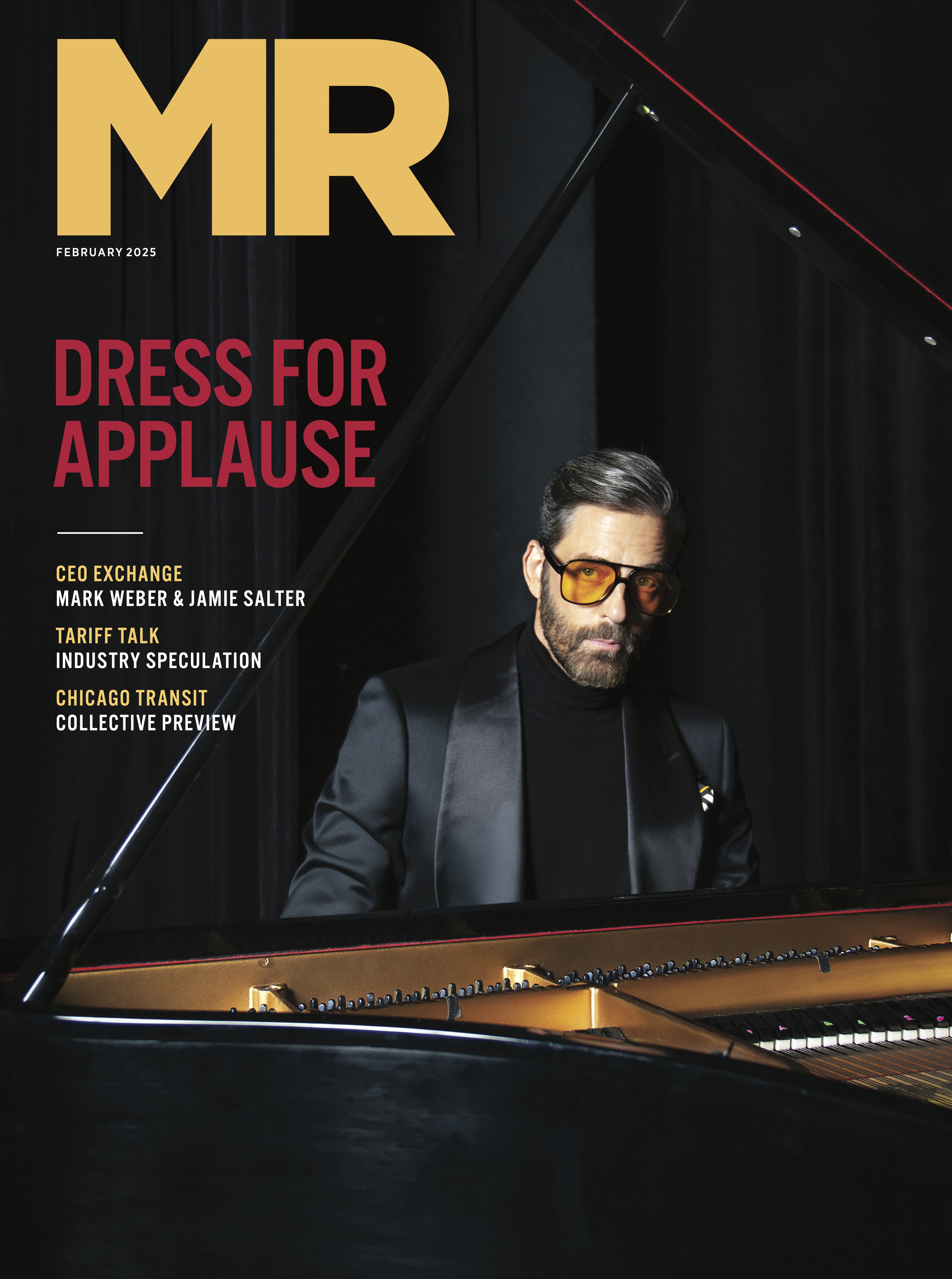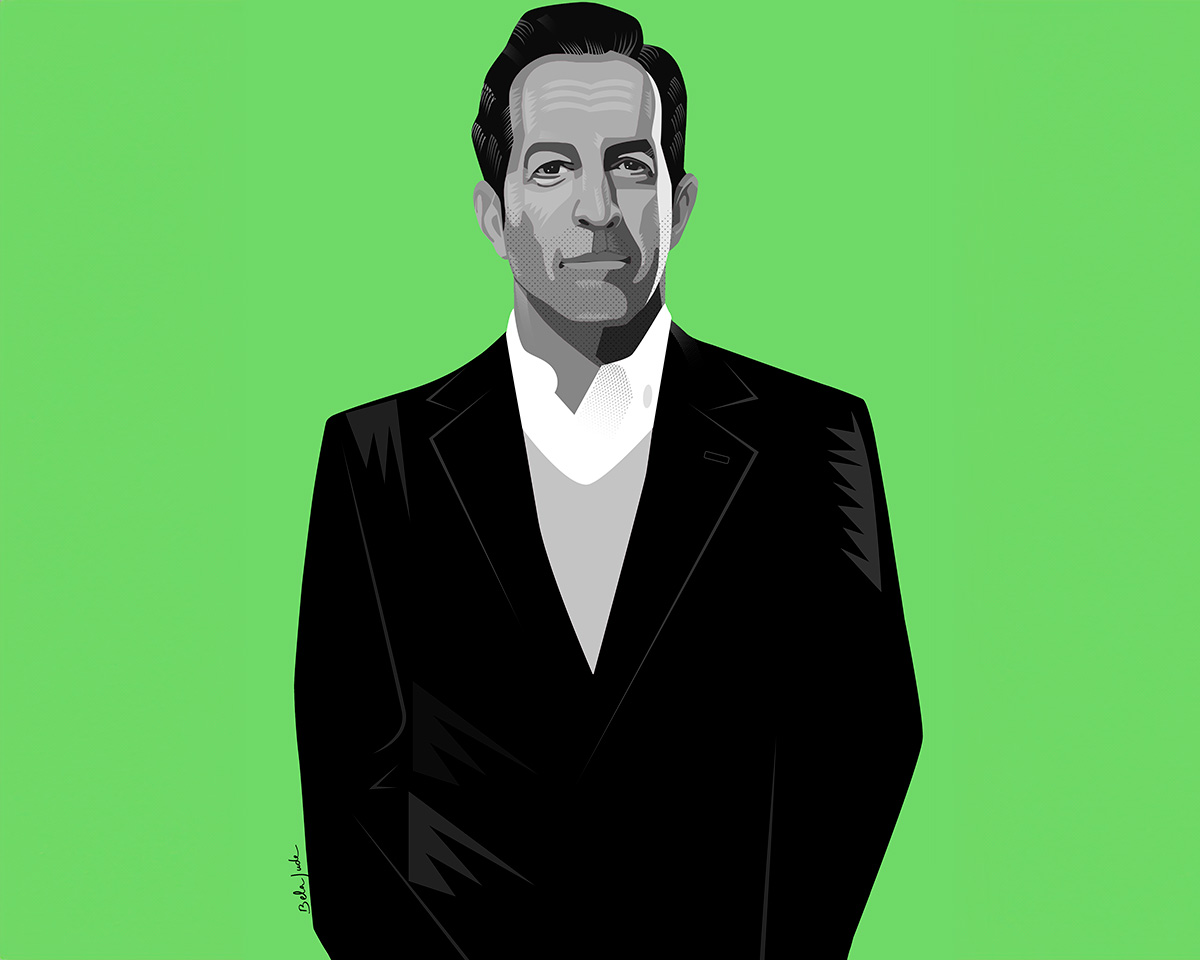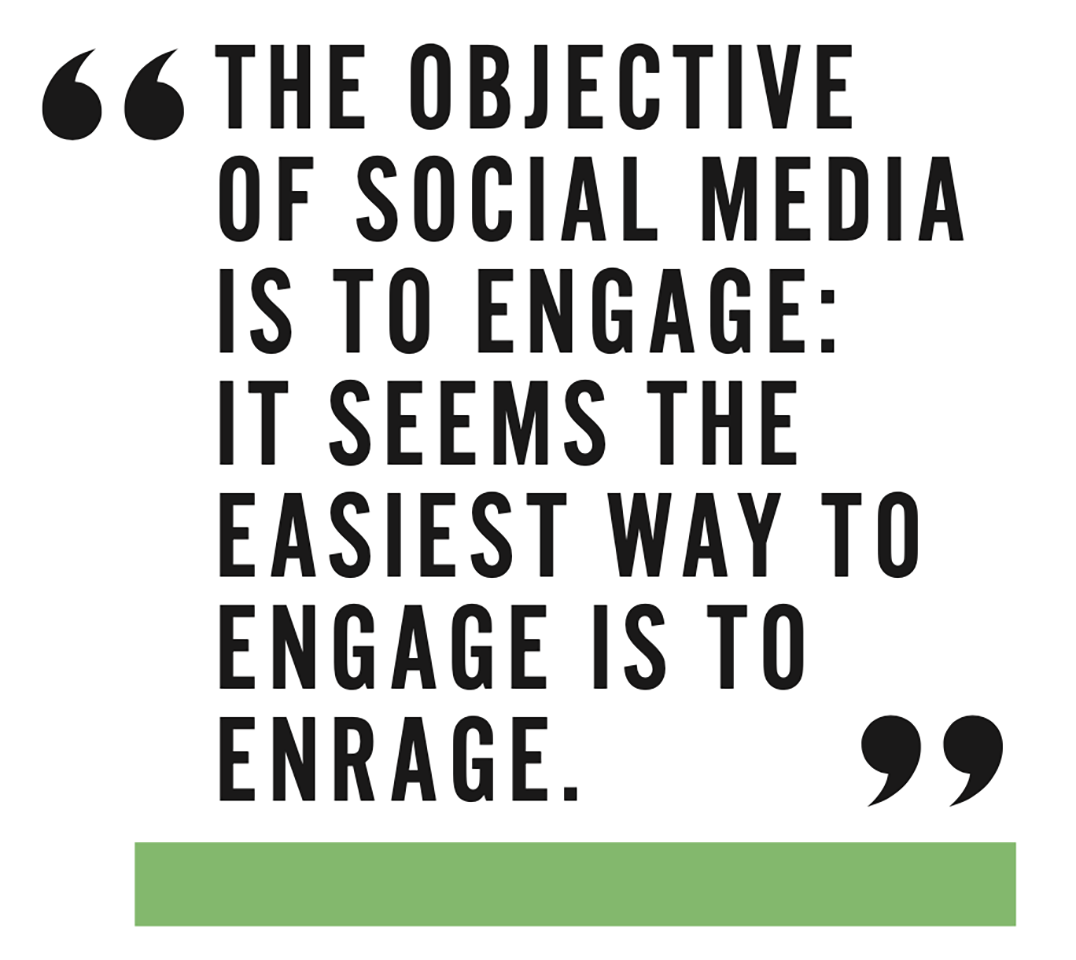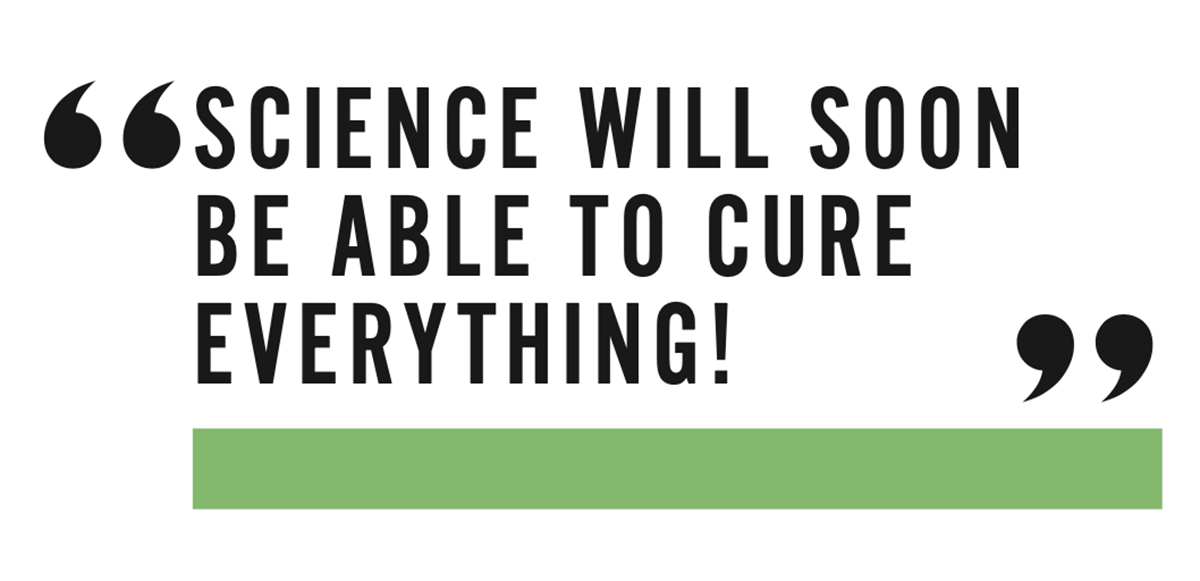FROM OUR JULY 2024 MR AWARDS ISSUE: KENNETH COLE, CHAIRMAN, KENNETH COLE PRODUCTIONS: HUMANITARIAN AWARD
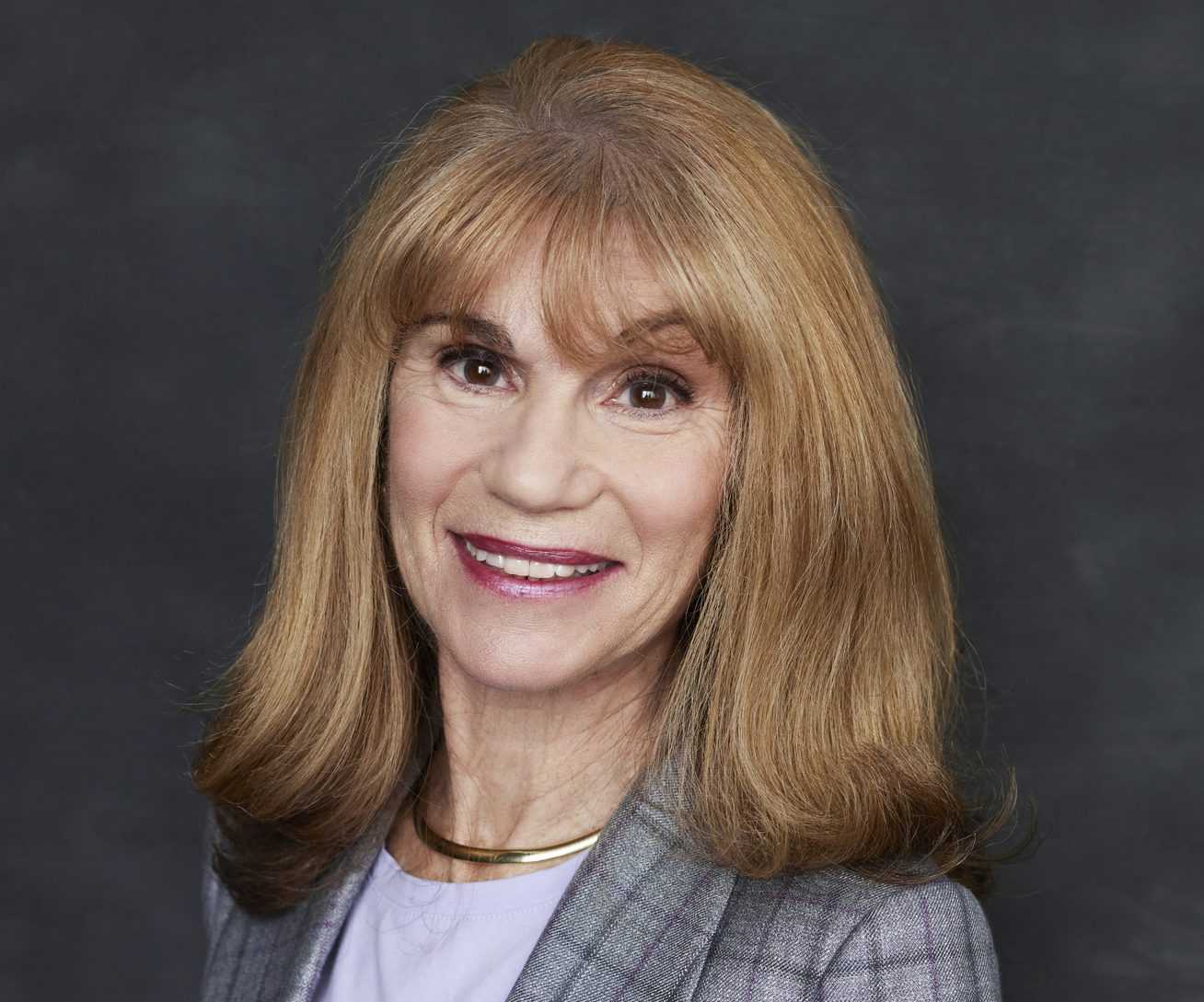
The entire MR team proudly presents our July 2024 MR Awards issue. If you haven’t received a hard copy, please page through a digital version at Issuu, and we’ll continue to post individual stories here on MR-mag.com. If you haven’t been getting MR in print, be sure that you are on our mailing list for future issues by completing this form.
Success, as officially defined in the Oxford dictionary, means “the accomplishment of an aim or purpose.” We prefer a different definition, one we discovered in writings by children with disabilities: “If you achieve what you want and are happy, that is success.” And to that, we add our own observation: the most successful people are those who follow their dreams and inspire others to follow their own. May dreams come true for MR’s innovative and intrepid 2024 honorees. May you keep on creating!
MR: How did you get started in the fashion business?
Kenneth Cole: My father had a women’s shoe factory in Williamsburg, at the time a rough part of NYC. So my orientation from the beginning was women’s shoes. On my way to law school, I spent a summer working there. The factory manager had just left, and the business was the proverbial hand that fed us. So I worked there that summer, mostly to show my dad that I could do it. If he came in at 7:00 a.m., I’d show up at 6:30. If he left at 7:00 p.m., I’d go home at 8:00. I was intent on being taken seriously. But I was mostly drawn to the pattern and sample rooms, intrigued by the knowledge that everything ahead of us would come out of those rooms. That you can take a shoe, modify the last, tweak the heel, use a slightly different leather, and it’s another shoe entirely. I loved the ability to create something from nothing, then modify it so it’s something else. I somehow believed that even though this was just a shoe business, it was part of something bigger.
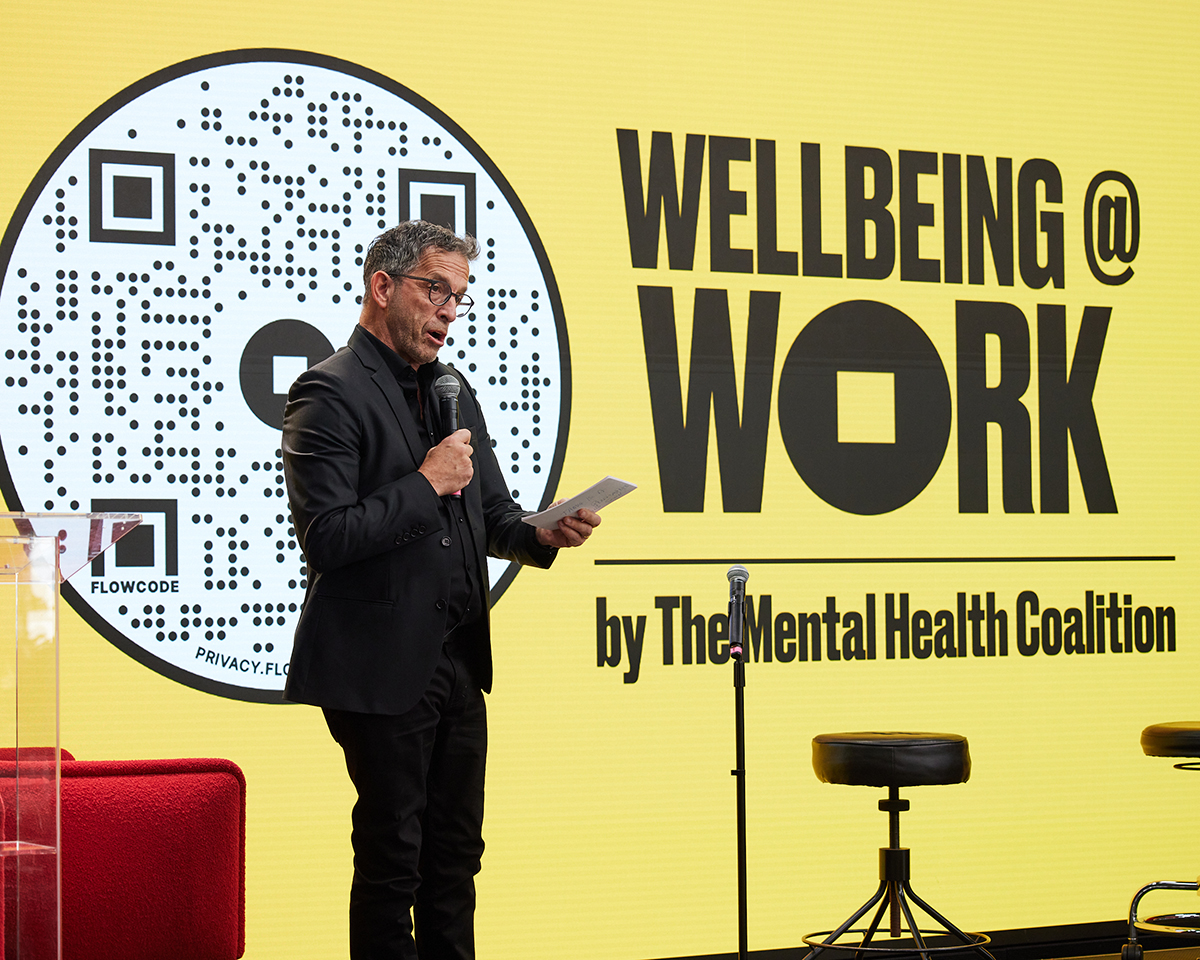
Are you saying that fashion is unimportant in the scheme of things?
No, I believe it’s very important. Since most of our daily encounters are superficial, all people really know about you is how you present and represent yourself. Your wardrobe choices are the messages you send out to the world. We all wake up with a white canvas: we then tell the world whatever we want them to know about us. It’s something I’ve pondered over the years: it’s very powerful. If someone tells me they’re not a fashion person, my answer to that is, “Well that’s a statement, too! So at least be aware that you’re making it!”
What happened to law school?
I didn’t finish. The law, as I see it, is about a series of books; those who interpret them most creatively go the furthest. In the fashion business, you pretty much write your own book. And these days, you can write a new book every day. In my father’s factory, you could make only so many pairs of shoes a day. You had a literal and figurative ceiling, and were surrounded by four walls. But there are no boundaries in today’s fashion universe.
So for me, fashion was the right choice. Recently, my oldest daughter joined the company. After practicing law for seven years, she’s now an aspiring creative director. We’ll see what happens.
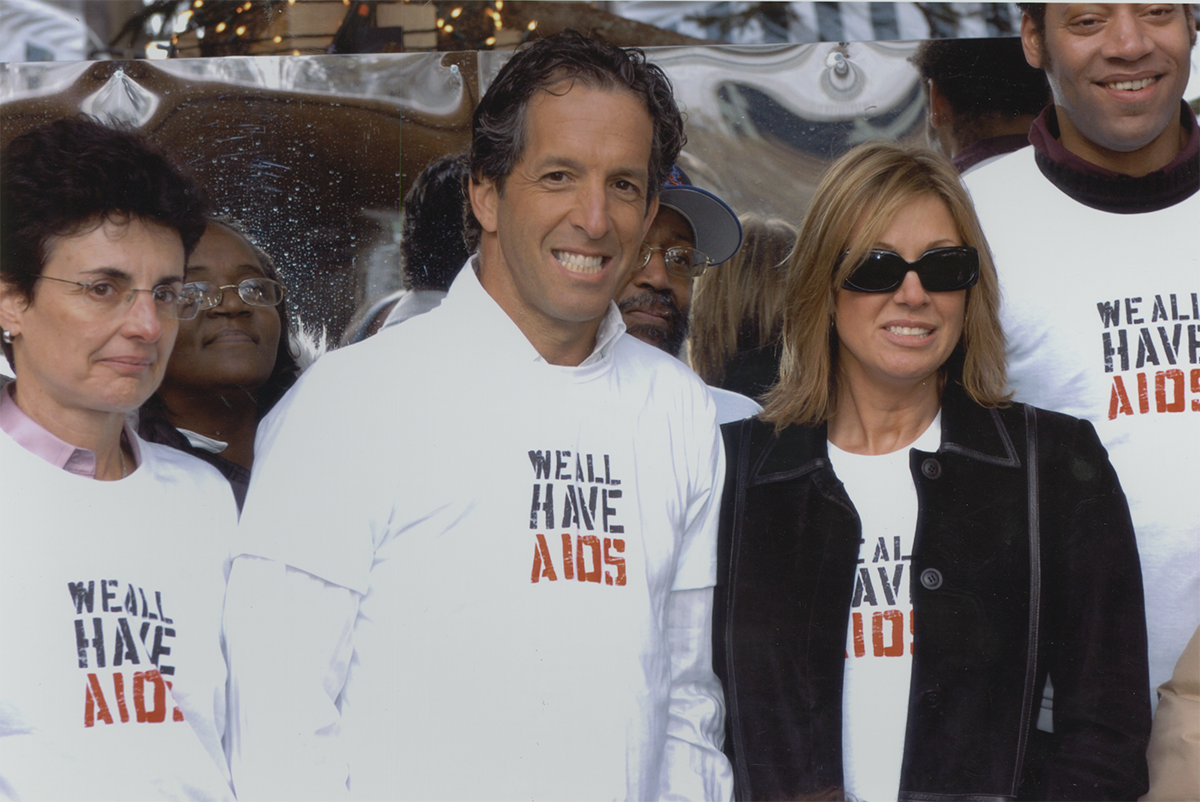
naWill your other two daughters join you in the business?
I don’t think so, but then I didn’t think this one would, so who knows?
What’s a typical day for you?
There is no typical day. For 40 years I don’t think I’ve ever done the same thing on any two days. I believe that every day, one should assess one’s objectives, determine the obstacles to reaching those goals, and then figure out how to navigate through the obstacles. In the shoe business, we create an accessory that must complement all other wardrobe components. So that’s the immediate objective.
What are the broader challenges and obstacles you’re dealing with these days?
The big problem now for most of us: we know where we are, but we don’t know where we’re going. And it’s extremely hard to know because technology changes at such an accelerated pace that it’s impossible to keep up. And how do you combine all the new intelligence and functional capabilities into a creative business model? That’s the challenge.
Why do you think so many retailers today are struggling?
Customers are still consuming, but they’re doing it differently. They have needs but not necessarily the same ones as before. We need to speak to them in the language they’re speaking, which changes every 15 minutes. We need to be as experiential as possible, bringing them into the store and making it worthwhile once they’re there. You can’t just sell stuff anymore; they can buy stuff sitting on the couch or lying in bed.
My current project is to reinvent our consumer experience. We had 100 stores in the U.S. that we closed after we went private; we still have licensed stores across the globe. But retailing today isn’t easy! There are those who are frustrated by this fact and those who are energized by it. I believe the energizers will prevail. There’s much opportunity for both brands and retailers to reinvent themselves.
For many years, we all followed a traditional model, updating physical stores every few years. And then the internet came along, Amazon specifically, and they change their user experience every other day. So it’s become much harder to stay relevant, to stay in the moment, to compete with the virtual experience…
But you’re doing a healthy online business, right? Is it mostly footwear?
It’s also menswear. And it will be women’s and accessories within the next six months. But the challenge is how to show up in a way that defines who we are and creates a worthwhile user experience. In the past, I had a brand, and I needed to sell people my brand. Today, people make their own brand. They wake up and curate their brand on their TikTok/ Facebook/Instagram feeds. They not only curate the content; they curate the audience. My hope is that we can have evolved and worthwhile collaborations with shoppers where they share their brand with us, we share ours with them, and we all live happily ever after.
That’s the opportunity. But we must stay in the moment; we can’t get lost in our 40-year history. Our 40 years have simply enabled us to build a foundation. We’ve at best earned the right to be considered. To be chosen, we must earn that right every day.

How would you describe yourself to someone who doesn’t know you?
I love what I do, but I’m obsessed with the notion that what I do is not who I am; it’s merely given me the ability to become who I want to be. I’m obsessed with the rate of change in the world, and with all the anxiety, frustration, injustices, and inequalities that currently exist.
How do you harness all of that for good? What would you change about yourself if you could?
I’d like to slow down a bit, but I realize I’d have a hard time with that. And I believe the old adage is true: if you love what you do, it’s not really work!
What are the pros and cons of celebrity?
I don’t consider myself a celebrity (although my kids tell me I’m naïve). I merely have a well-known name that I share with the brand. I have the good fortune of being relatively anonymous when I walk down the street, but able to get a reservation at almost any restaurant in the city.
What were your biggest mistakes over the years?
In the beginning, I thought my job was to create cool stuff that people would wear. I came to realize that people know what they want; my job is to give it to them in unexpected ways. To be more attentive to what the customer is saying. Over the years, fashion has gone from being a monolog to being a dialog. But where is that white space that does not yet exist. Nobody needs more of what’s already out there.
So where is the white space in men’s clothing right now?
Men are looking at many points of inspiration to fill their perceived needs. They want to dress comfortably, they want versatility, they want clothing that’s more investment than expense, and clothes they can wear this season and the next in different ways. Of course, technology has changed everything: Our best-selling suits are the ones that have temperature control to keep you warm in the winter, cool in the summer, and stretch for shape retention and comfort. Peerless and Men’s Wearhouse are producing some terrific product.
When/why did you get involved with philanthropy?
It just kind of evolved over the years. Not only is it far more important than heel heights and hem lengths, but it’s the best way to build a sustainable relationship with your customers that you can’t get any other way. There’s nothing I do that’s more rewarding.
Does the troubled state of the world keep you up at night, or simply inspire catchy slogans?
The slogans are not to make light of world events but to provide food for thought, issues to ponder. And yes, the troubled state of the world keeps me up at night, mostly because there’s no standard for truth anymore. Everybody has his own truth, so it’s hard to have a meaningful exchange of thoughts and ideas with everyone coming from a different place. If my source for facts isn’t the same as yours, we can’t have productive discourse. And I think that’s the underlying problem.
It’s a political problem, and a social one. The objective of social media today is to engage, and many have found that the easiest way to engage is to enrage. So the content is often secondary: whatever it is that gets reposts and retweets gets further perpetuated, regardless of its validity or substance. There are no filters to verify it, and no one’s held accountable.
At the end of the day, those students protesting on college campuses aren’t ignorant. They’re often from affluent families and they’re well educated. But to paraphrase Mark Twain: is it worse to be uninformed or misinformed?
What are you most proud of?
That I’ve been able to include my various passions in almost everything I do. That my wife (Maria Cuomo Cole) and daughters have chosen to involve themselves in giving back. That Maria is helping so many people reach their potential, that Emily is now working with me in the fashion business, and that Amanda and Cate helped establish the Mental Health Coalition, which is already having a positive impact on the one in four Americans now struggling with mental health. Beyond work and philanthropy, what are your passions?
I play golf (although not well) and I fish (better than I golf; I’m a low-handicap fisherman). But I’m happiest when I’m with my family, and when I’m making an impact.
Your road not taken?
I didn’t choose a traditional path. I didn’t complete my legal studies and I pivoted a lot in business. But looking back, I now think I would have loved a career in medical research, which I’m currently witnessing through my health initiatives. Years ago, I got involved with HIV and became chairman of AMFAR; I’m still a UN Ambassador for AIDS. I’m now very involved with the Mental Health Coalition. Although I never could have imagined myself dealing with the technical details of scientific research, I now find myself engaged in levels of conversation I’d never have thought possible. It’s amazing the extent to which everything is changing—all this bioengineering, stem cell work, peptides, and exosomes—science will soon be able to cure everything!
What do you hope will be your legacy?
That I was able to make an impact—not just on people’s wardrobes but on their lives. And that I was able to connect with customers in truly meaningful ways. Several years ago, I wrote a book called Awearness: it’s about ordinary people making a difference in extraordinary ways. It was going to be 12 interviews, it ended up being 86. It was supposed to take a month, it ended up taking a year. But this diverse group of people all said the same things: if they could do it again, they’d have started sooner. Each felt that they were the biggest beneficiary of their service, and they all felt a bit guilty about how much they gained by giving back.
Do you feel guilty that you’re benefitting from your activism and philanthropy?
Every day. But I feel fortunate to feel that kind of guilt, and to be in this lucky place where I can combine my passions to do some good.
INDUSTRY ACCOLADES
“I’ve had a close relationship with Kenneth for more than 30 years. He is a brilliant marketer who was way ahead of his time, addressing so many current social needs through his marketing campaigns. His design acumen guided his business to great success. Kenneth’s philanthropy, both financial and with his valuable time, has helped millions of people in need. Congratulations on receiving this great award.” —Morris Goldfarb, G-III
“Kenneth is a terrific partner! The exclusive Awearness brand that we do together is exceptional in both fabric innovation and design. It’s been a great performer at retail, including the new Essentials program that includes the Chillflex suits with both temperature control and stretch properties.
“Of course, we’re most proud to partner with Kenneth on donating to veterans causes. Last year alone, we donated $6.5 million to the Kenneth Cole Foundation and to four veteran related non-profits: K-9s for Warriors, Semper Fi, Fisher House, and Hire Heroes. With the help of our customers, we plan to expand donations this year. Clearly, the give-back component of his business is very important to Kenneth: it’s crafted into our agreement; it’s the core of who he is.” —John Tigue, Tailored Brands
“Congratulations, Kenneth, on receiving MR’s Humanitarian Award. Your unwavering dedication to helping society and your impactful work with mental health continue to inspire us all.” —Dan Orwig, Peerless
